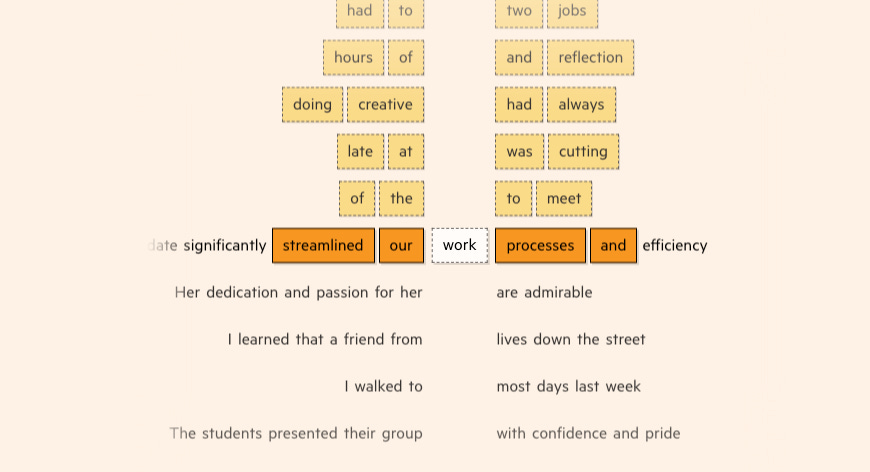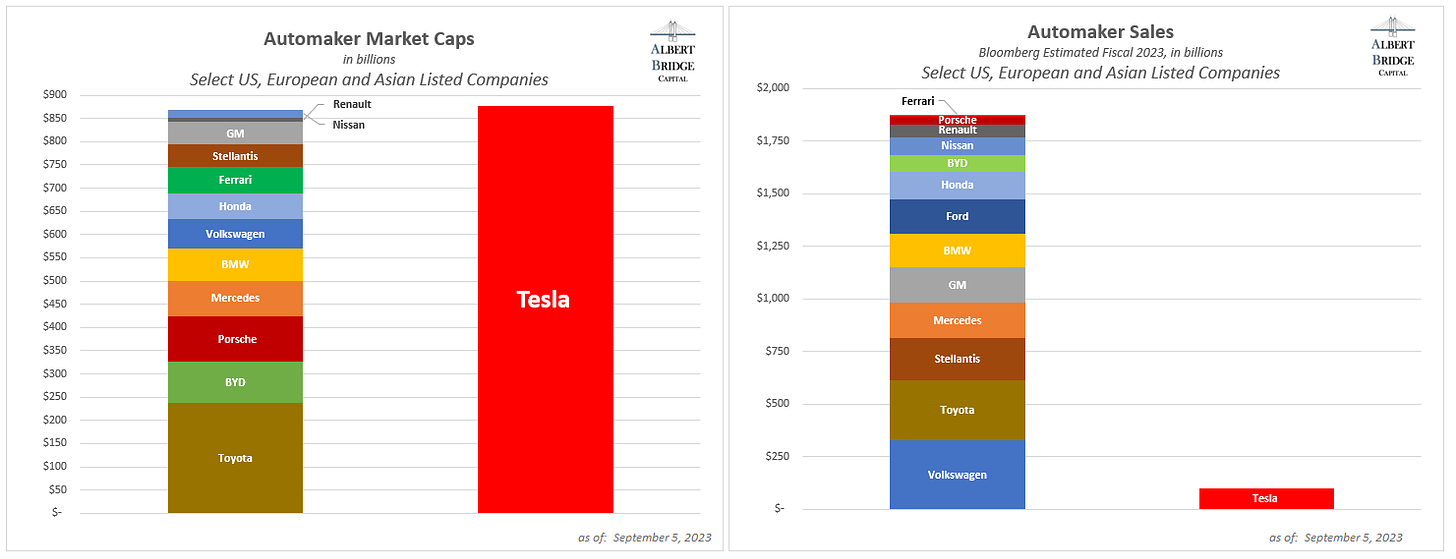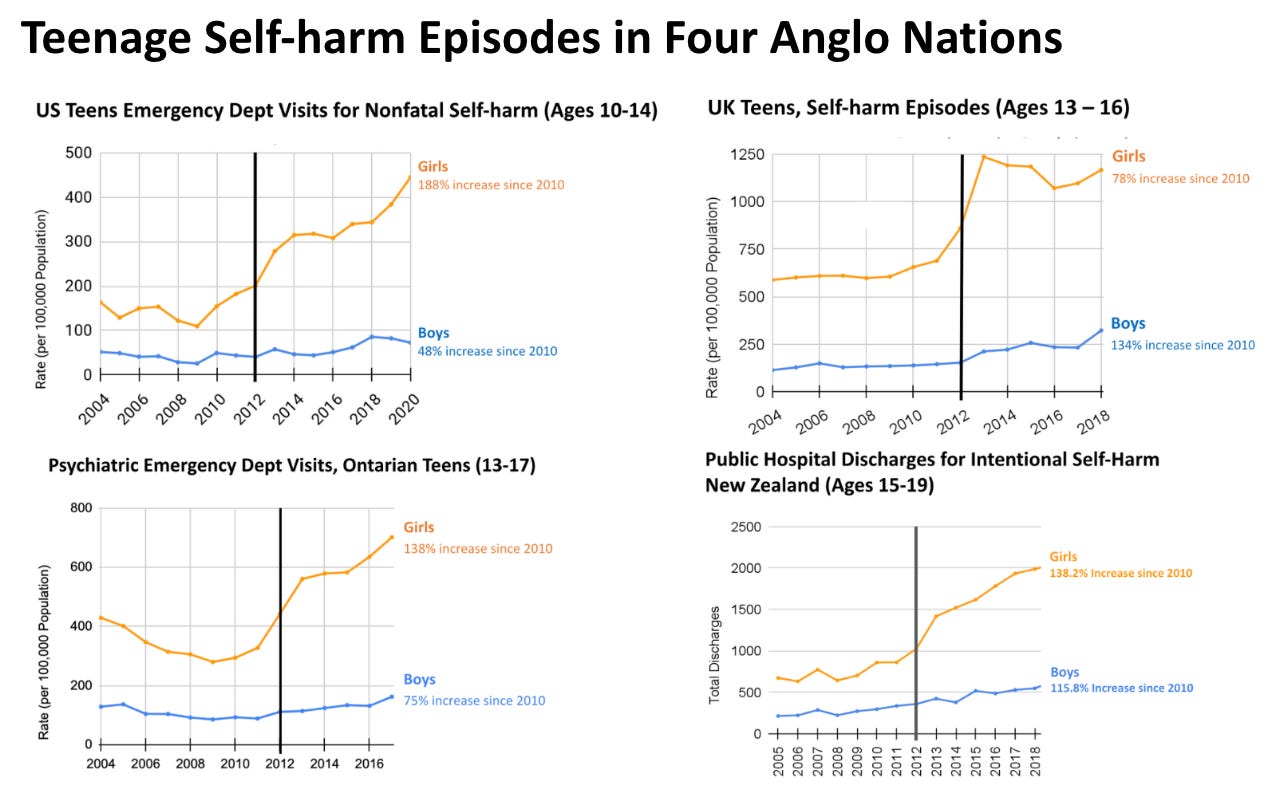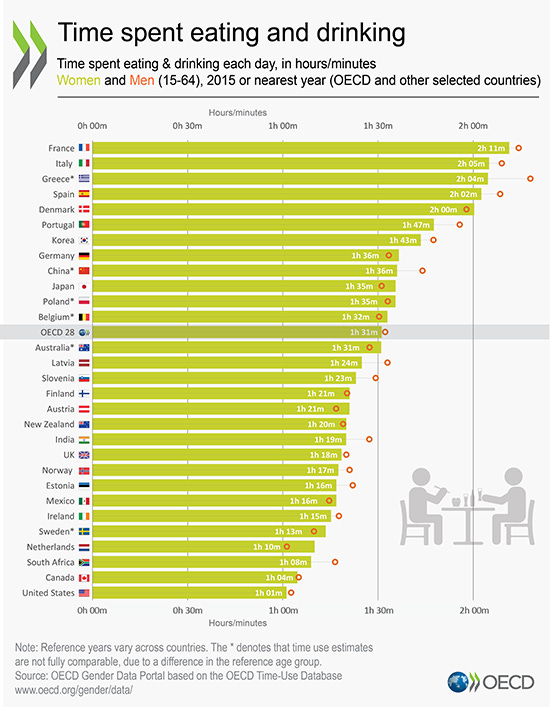The Thread Briefing: cities fight back, masculinity and the invention of the modern world.
Welcome to this month’s issue of The Thread Briefing, including transformers, Nairobi, BYD, concrete and masculinity. As well as wondering if Airbnb actually has a future and when the modern world was invented. Also, food.
Let’s dig in shall we?
Transformers: robots in disguise
Smart and worldly readers like yourself will no doubt agree the Financial Times is probably the best news outlet in the world. Not only is it a great paper largely free from the hysteria of the political left or right, but it’s an exemplar case study of how an established brand can embrace new technology and reinvent itself. This is a wonderful example of what happens when you combine great journalism and great design to create new ways of consuming content.
Innovation ≠ technology
Recent projects have had us thinking a lot about last mile delivery. Postal services the world over are being disrupted by a combination of changing customer behaviours and new specialist competitors, often powered by technology and strong logistics operations.
However, during our recent trip to Nairobi in Kenya, we were reminded of a basic tenet of innovation: it’s really just about the best way to solve the problem, which means more tech is not necessarily better. Like many other countries, Kenya has a domestic postal service as well as a plethora of private sector delivery services (both global names and local start-ups). As e-commerce grows the delivery sector becomes ultra-competitive, but in Nairobi we came across a provider we hadn’t seen elsewhere: passenger buses. Many Kenyans trust these buses that carry passengers across the country to carry valuable packages too. When you send a package you simply put down your passport and phone number and the person picking it up at the other end does the same to collect. Compared to government services that are notoriously unreliable, and expensive specialist delivery companies, passenger buses are relatively cheap, reliable and easy. Getting people to switch will be no mean feat.



Cities fight back
Airbnb faces a backlash from local governments in US cities like NYC who claim that the boom in investors buying homes to rent on the platform drives up city rentals and reduces the availability of local housing. Meanwhile, five years after Paris became the first big city to open up to e-scooters, it has become the first city to ban them from their streets as citizens get tired of the careless riders and scooters strewn around the streets. And of course regulation has also caught up with Uber - the paragon of a ‘launch first and worry about regulation later’ ethos - in forcing it to recognise drivers as employees. These darlings of the sharing economy all promised to revolutionise holidays and transport, yet they’ve also changed the fabric of cities.
We’ll be watching with interest how this plays out, as it raises lots of questions around how to think about so-called ‘start-up success stories’. For instance, is a scaled, profitable Airbnb predicated on the assumption that governments won’t intervene to stop investors piling in and pricing local residents out of certain neighbourhoods? If so, then maybe it’s success is not that inevitable. Likewise if Uber can only turn a profit if we assume the drivers have no rights as employees, or if e-scooter brands can only survive if we assume they have no obligation to provide the infrastructure to safely dock them, then perhaps their business model is not viable after all.
China’s BYD.
Another great example of the power of regulation comes from this fascinating article on the rise of Chinese EV car brand BYD, which only started life in 2003 as a battery manufacturer, but is now the world’s largest EV manufacturer and recently signed a deal to supply batteries to Tesla. The founder pivoted the company into car manufacturing before he had learned to drive, off the back of the Chinese government’s strategy to support a shift to EV cars in China.
BYD now sells 12% of ALL cars in China, and sells more EVs than any other car brand in the world. Whilst the opportunity in emerging markets is enormous, it faces stronger headwinds in wealthier countries. For instance, consumers in one of the most mature EV markets in the world, Norway, simply prefer electric cars from established brands and seem unwilling to take a punt on EV specialists. As other car brands catch up and offer a similar level of EV performance to specialists like Tesla, purchasing decisions will revert to being about brand and aesthetics (and we’ll all pretend we are interested in battery range or engine specs). Which starts to raise questions around why on earth Tesla has a larger market cap than all other auto makers combined…🤔
What concrete in schools reveals about climate change
This was a timely post by journalist Ed Conway about the UK crisis around a type of concrete used in the construction of some schools, and the lessons it has for us in how difficult it will be to tackle climate change. Really it comes down to how risk averse we are (re-assuringly so) when it comes to engineering - we want to rely on things that will last and that have been proven to stand the test of time.
When you build something, you generally want it to last more than a few years, and we know from experience that, provided it’s well put together, plain vanilla concrete will last for a long time. Indeed, the roof of the Pantheon in Rome is still standing after nearly two millennia
How long will it take us to adopt new-fangled cement replacements?? 🤯
Relatedly, Ed had a great twitter thread about copper mining, which just goes to show how much of our technology such as smartphones is reliant on gargantuan mines with gargantuan trucks in places like Chile, and how many more of these copper mines we will need if we are to decarbonise the planet. Whilst also recognising that doing so will create it’s own level of planetary devastation.
TLDR: There are no easy answers.
Was the modern world invented in 2012?
Thought-provoking post from neuroscientist and fiction author Erik Hoel arguing that the year 2012 - when smartphone penetration tipped over 50% in US - marked the start of a new type of modernity, correlating with more traffic accidents (texting while driving), less sleep amongst adolescents, decline in mental health as well as a host of other negative indicators.
A crisis of masculinity
This is an erudite and thorough discussion by Christine Emba of some of the challenges facing young men, and in particular how the absence of new positive norms of masculinity are creating a vacuum that is readily occupied by internet binfluencers like Andrew Tate.
Lastly…food fight!
Our pet hate is opinion passed of as behavourial data. E.g. “80% of Gen Z would pay more for ethical goods”. Mon dieu! (And don’t even get us started on the concept of ‘Gen z’). So imagine our delight when we could finally solve the question of which country has the best food with some actual behavioural data. Or what economists call ‘revealed preferences’. Case closed!
That’s all for now.
Thanks for stopping by.









